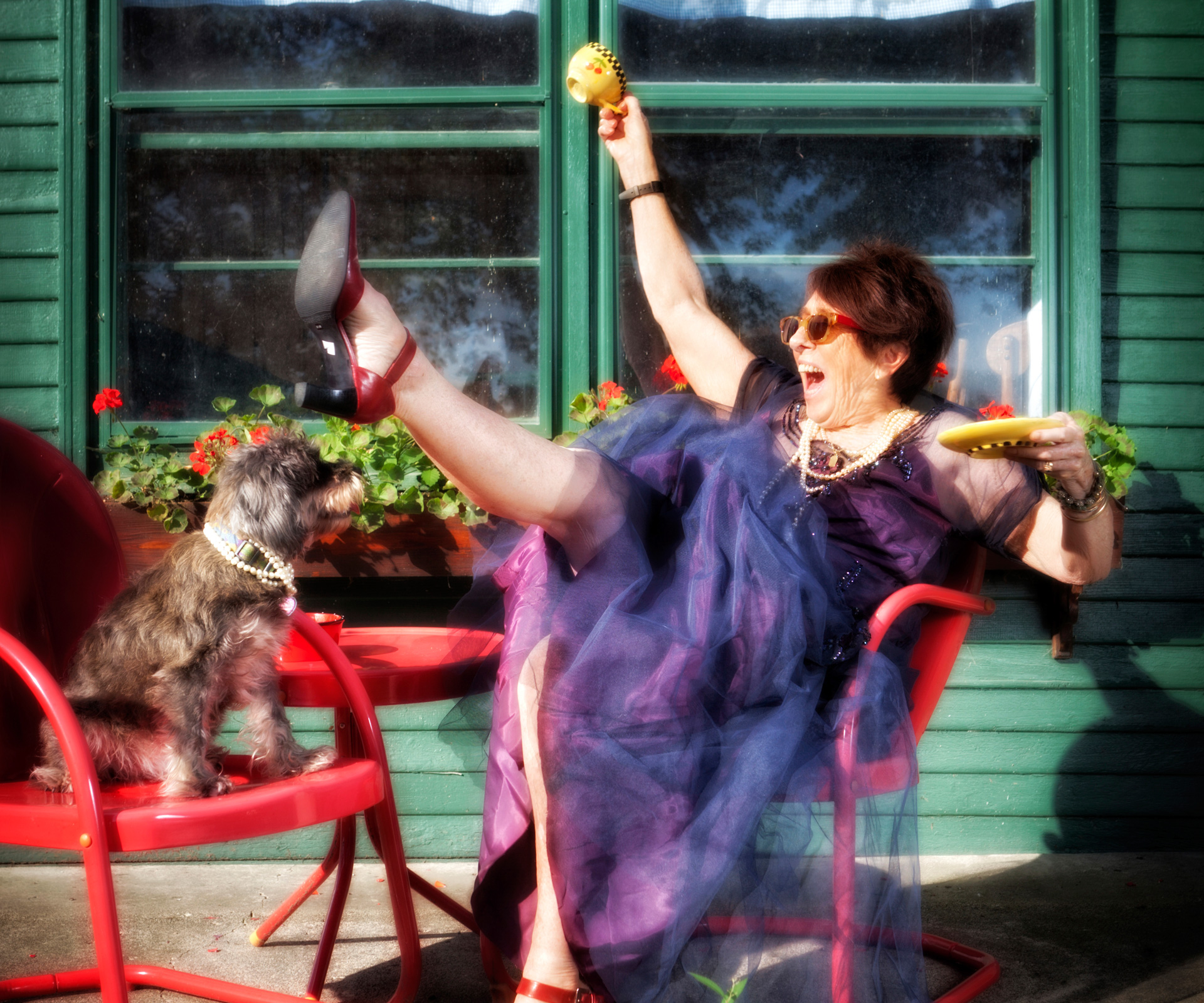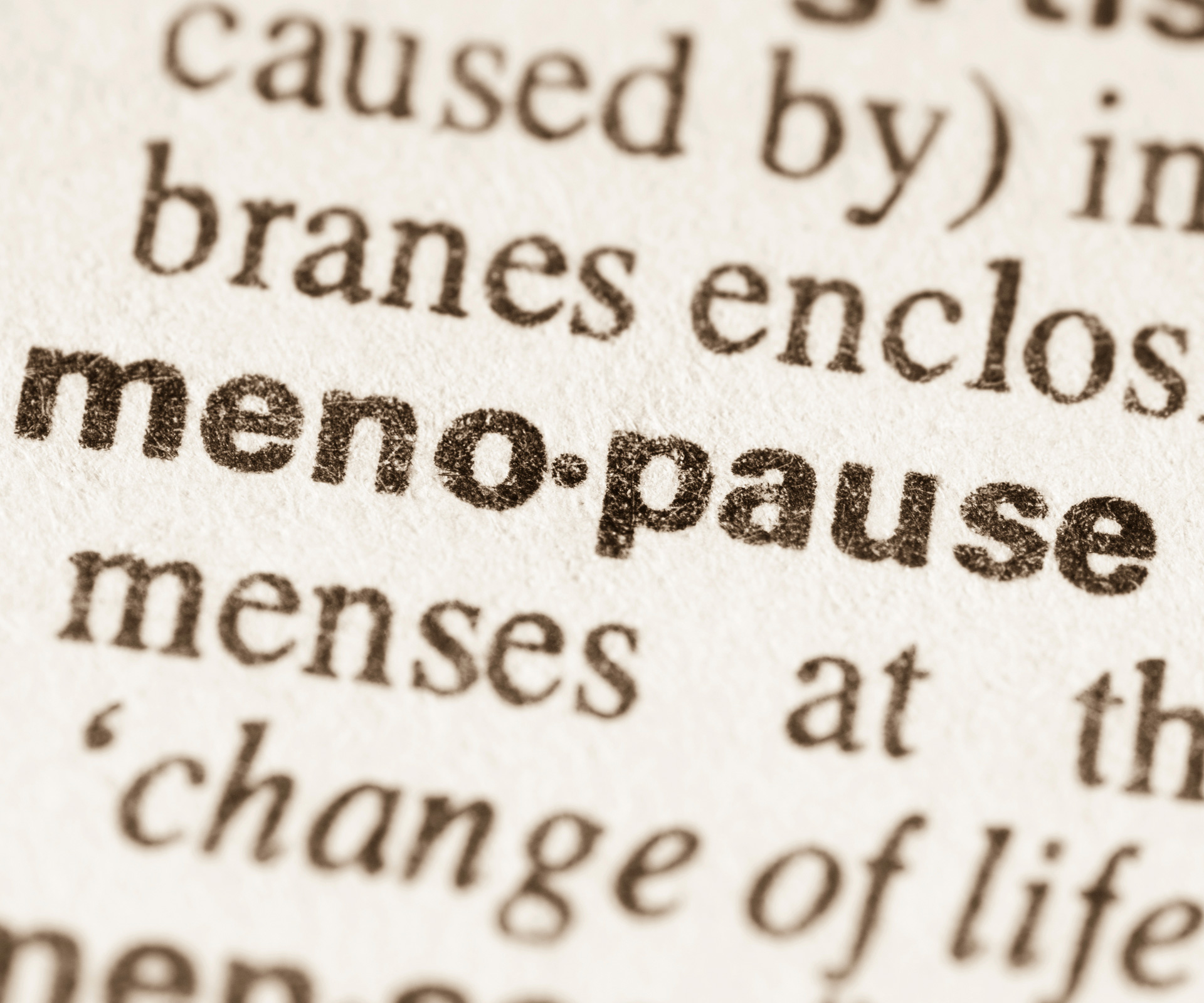I often compliment strangers in a lift. “Nice glasses frames”. “Cool shoes”. You know that awkward moment when the speech finishes and someone seems to need to lead the clapping? Well I’m the early clapper. And in that knotty silence after “Any questions?”. I’ll jump in. On one occasion I asked the sarcastic writer A A Gill in front of a packed Aotea Centre: “Isn’t it true you’re funny because you’re a bit of a shit?” (He told me not to worry my “pretty little head” about it, which frankly didn’t disavow me of the notion.) I have 2000 Facebook friends. The staff know my name at the three busiest bars in town. I’ve given speeches and been an MC and talk on the radio. But something has changed.
Lately, when offered the chance to go out and talk and be seen, I’ve found myself preferring to stay home with a detective novel and a cashmere blankie. Yes, I realise I sound like the person, described by an extrovert, whose idea of fun is a nice glass of water and a look out the window. But that’s okay. I am embarked on a new journey. I am learning to be quiet. This is harder than you might think.
I’ve spent my life, like you and – I am assuming – practically everyone in the world except maybe a few ashram-dwellers, trying to be better, trying to do more, trying to be more, win and achieve and get known. There is a lot of help to learn about how to be more, faster, stronger, cleverer, more. But what do you do when you want to learn to be less? How do you learn to be gentler to yourself and to others? This is a much more mysterious endeavour. Because guess what? You don’t have to announce your arrival to every room you come into. You don’t have to be noticed to assure yourself you exist. You don’t have to air kiss everyone you bump into. I am learning you don’t have to be loud to be somebody.
The odd thing is – and I don’t expect you to believe this – I don’t think I was made loud and rambunctious. When I was a kid I was an anxious, buck-toothed socially inept immigrant. But as I grew up I learned to compensate for my maladroitness in groups. I was a swot at how to be sociable, until schmoozing like a B-grade politician – “Hi! How you doin’! Looking good!”– click-and-point, wink, fist bump – became ‘me’.
At social events, I learned to say “Cosimo, you must meet Venus, just like you she’s an absolute genius at bongo drums and molecular gastronomy!” or “Aloysius, congrats on your son’s rhythmic gym-nastics prize!” (Networking, bleugh.) But underneath the chatty-boom-booms was the girl who used to run away at birthday parties. I’m getting to know that inner quiet girl again, and learning to accept her.
In her book Quiet: The Power of Introverts in a World That Can’t Stop Talking, Susan Cain confirms as human beings we all need to connect to others but what matters is the quality of relationships, not the quantity. “Love is essential but gregarious-ness is optional.”
There are various definitions of intro-version and extroversion but a simple one is that introverts get their energy from time on their own, while extroverts recharge their batteries by connecting to other people, especially in groups. By this measure, I’d be an introvert. I can do sociability but what I need most is being by myself, or having conversations one-on-one with close friends. Going out exhausts me, and not just the hangovers.
There is a price to be paid for overriding one’s desire to be on your own and forcing yourself be the L and S of the P. In my case I tend to drink too much to numb the underlying anxiety, a sense of discomfort in social settings I wasn’t even that aware existed for much of my life. But lately I have been feeling some self-compassion for the awkward bookish child I was before I learned to contort myself, pretzel-like, into becoming an outgoing chatterbox. I am learning to be gentler to my inner quiet girl, and to be gentler to myself as an adult as well. This involves listening to what I want to do, rather than automatically firing myself up – showtime! – and feeling obliged to always be ‘on’. It is a new experience to ask myself ‘what do I really want to do?’
It was great advice to be told: don’t ever accept an invitation on the spot. “That sounds great, but I will check and get back to you,” are helpful words to have pre-rehearsed. Even: “That date rings a bell.” This gives you time to pause and reflect on whether you really want to go to a vertical gin tasting or a black water rafting exped-ition. The important word here is: pause. Learning to be quieter and gentler involves slowing down so you have time to look inside yourself and ask all the parts of you what you want. To ask yourself not just what you think but how you feel. This is a whole new experience for me. I never got to know how I felt because I was hyper-vigilant to what was expected of me and frenetically occupied with trying to do whatever other people might expect. Now I’m trying instead to just: breathe. Take a few calming breaths and look inside. But change is difficult. I rather fancy making a new line of activewear with a slogan which is the opposite of Nike’s Just Do It. Instead: Go gently.
The good thing about pausing is it gives you a chance to treat yourself with com-passion. In her book Go Only as Fast as Your Slowest Part Feels Safe to Go, Robyn Posin advocates giving yourself permission to turn down opportunities for ‘giving’ that deplete you. “Remember to be really gentle with yourself, not to ask yourself to move ahead into anything that you’re not ready for and not to harass yourself for taking all the time you need to become ready.”
Susan Cain also says we need to give ourselves permission to spend our free time the way we like, not the way we think we’re supposed to. “Skip the committee meeting. Stay home on New Year’s Eve if that’s what makes you happy.”
I have to confess although I am writing telling you how to do this, I’m nowhere near taking my own advice. Just the other day I said yes to a dinner party without thinking then drank a bottle of red wine and fell asleep in the soup. I still feel guilty if I choose not to participate in organised fun, even though I know I don’t need to take on other people’s disapproval.
It was enlightening to learn when other people tell you what to feel – smile, relax, cheer up – it’s known as a ‘boundary violation’, but when people expect me to be – barf – ‘bubbly’ – it still bothers me to disappoint them.
But I am – quietly – learning to receive my emotions and thoughts with as much gentleness as I can. It helps to remember progress is uneven; self-acceptance and emotional containment can only be learned a little at a time. And I still like chatting to strangers in lifts.
Words by Deborah Hill Cone
Photos by iStock Images


